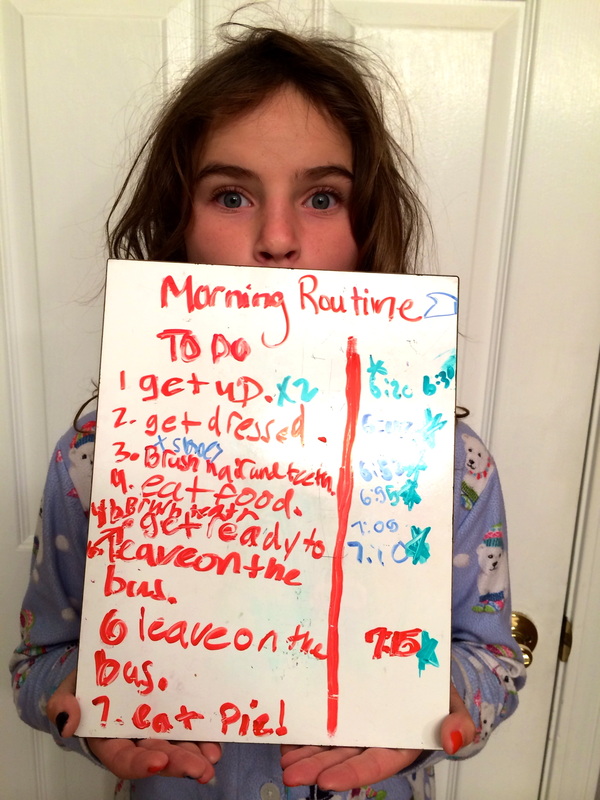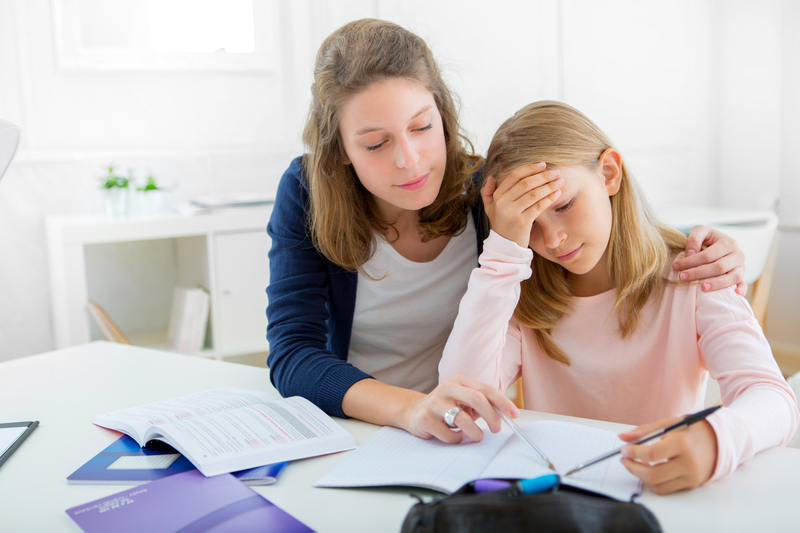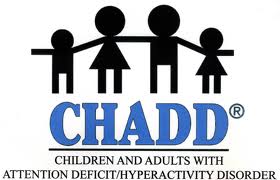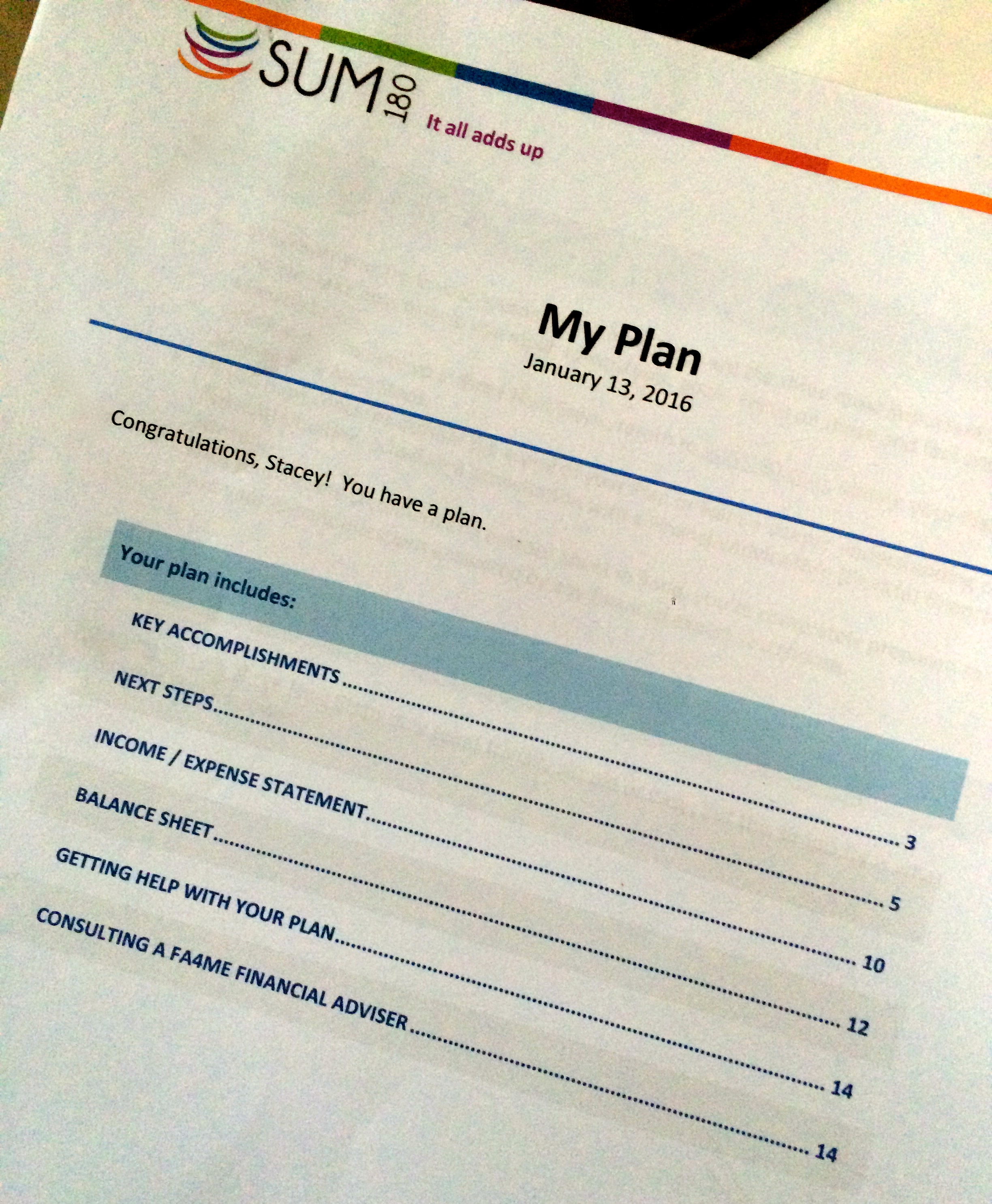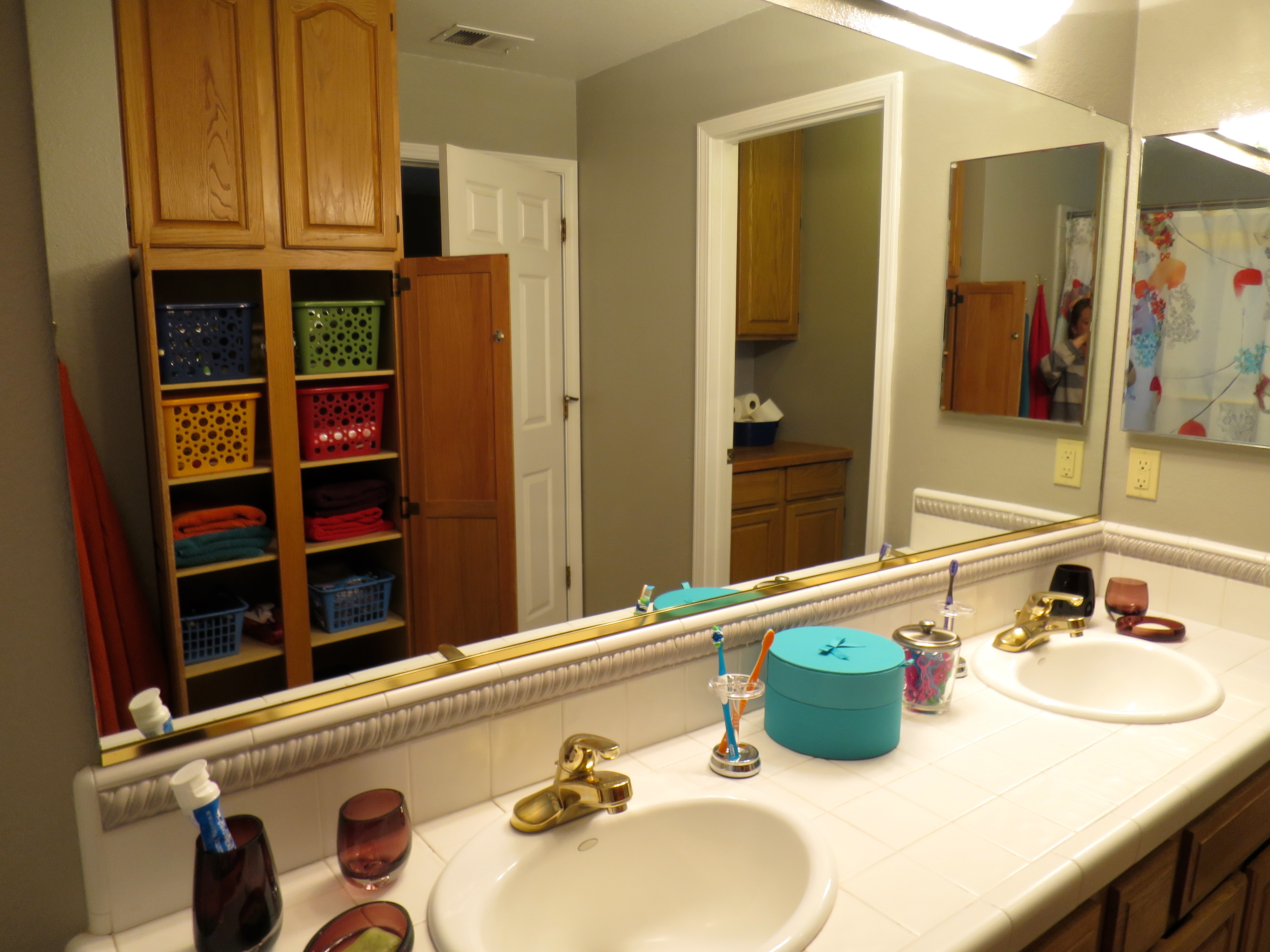“It is extremely difficult! Sometimes you cannot control your actions. You are really hyper part of the time. It is hard to focus. You drift off and you just don’t want to do the work sometimes because it is hard. It feels weird.” Those are the words of a child explaining what it is like to live with ADHD.
As the step-parent of a child with ADHD and as a classroom teacher – I witness daily the struggles of children with ADHD both inside and outside of the classroom. Along the way I have learned patience, compassion, and a sense of humor. I have also learned a few tricks to help keep life sane – or a least mostly sane.
The tricks? They all have to do with organization and structure. I know my stepdaughter does best and is most successful with structure and routines. Transitions are hard. The beginning of every school year brings with it new challenges: a new teacher with new routines, new expectations, a new mix of classmates. Initially, change is hard for my stepdaughter.
One morning last month was exceptionally chaotic and stressful. Getting up and out of bed, getting dressed, finding shoes, brushing teeth, brushing hair, eating breakfast, finding shoes again, getting lunch and a backpack all before the bus shows up – is a busy morning for any 11 year old, but throw in ADHD, siblings, two large dogs, a cat, and two parents that also need to get to work, and you can have what we call a “three martini” morning.
Well, I don’t like “three martini” mornings, and I am sure most other parents don’t either. So that evening, after dinner we sat down and had a meeting. Sophia, her dad and I sat in the backyard. I handed Sophia a small white board and dry erase pens (writing on a white board is more agreeable to Sophia) and told her that she was going to come up with a plan so that we did not have any more mornings like that crazy, stressful morning. The thing to remember is that it is not just stressful to us, the parents, but it is equally stressful for the child with ADHD.
So I headed the board with Morning Routine and ended it with 7:15 a.m. That is the time she needs to be ready for the bus. It was up to her to think her way through the morning and come up with a time table that would work for her. Working backwards she worked out the amount of time she needed to accomplish each morning task. She decided that she needed two wake up calls. We apparently are her personal snooze buttons :).
I then told her to put a star next to any item on the list that she wanted reminders from us to help her stay focused and moving forward in the morning. After a few minutes of thought, she had a star next to very item. That is OK. When she asks for help, we give it. Her putting a star next to the items changes it from us nagging her to her asking us for help. Subtle, but a true difference.
Then just for fun she ended her morning routine with eating pie. No, she does not eat pie every day, but having it on the list makes her smile and that is a good thing. And no, we do not drink martinis in the morning – that is just our way of making light of the chaos in our house on some of our mornings.
Amazingly, that little white board made all the difference in the world. Really! Giving Sophia control in setting her morning routine, having it posted for her to see every day (she choose the location to place the board), and just the thought of pie – seems to be a really cool trick to us having smoother mornings in our home.
That is life in our home. And then there is school. Checking in with her teacher, attending meetings, and keeping lines of communication open is key. But what else can a parent do? Well October is ADHD awareness month, and I had the opportunity to speak with ADHD expert Dr. Adelaide Robb about how parents of children with ADHD can monitor their child’s progress during the school year.
The following video is full of information that is helpful for all parents, but especially parents of children that live with ADHD.
I found some great information here.
I truly believe that all children can find school success. Certain school-year checkpoints like progress reports, first report card, and parent-teacher conference are opportunities for parents and teachers to connect. These are good times for parents to assess how their children are adjusting and see if changes may need to be made to their treatment plans. Dr. Robb’s checkpoints are a great way to build a bridge between home and school to help your child find academic success. I am glad that I was able to speak with her and learn even more about how to help my stepdaughter.

